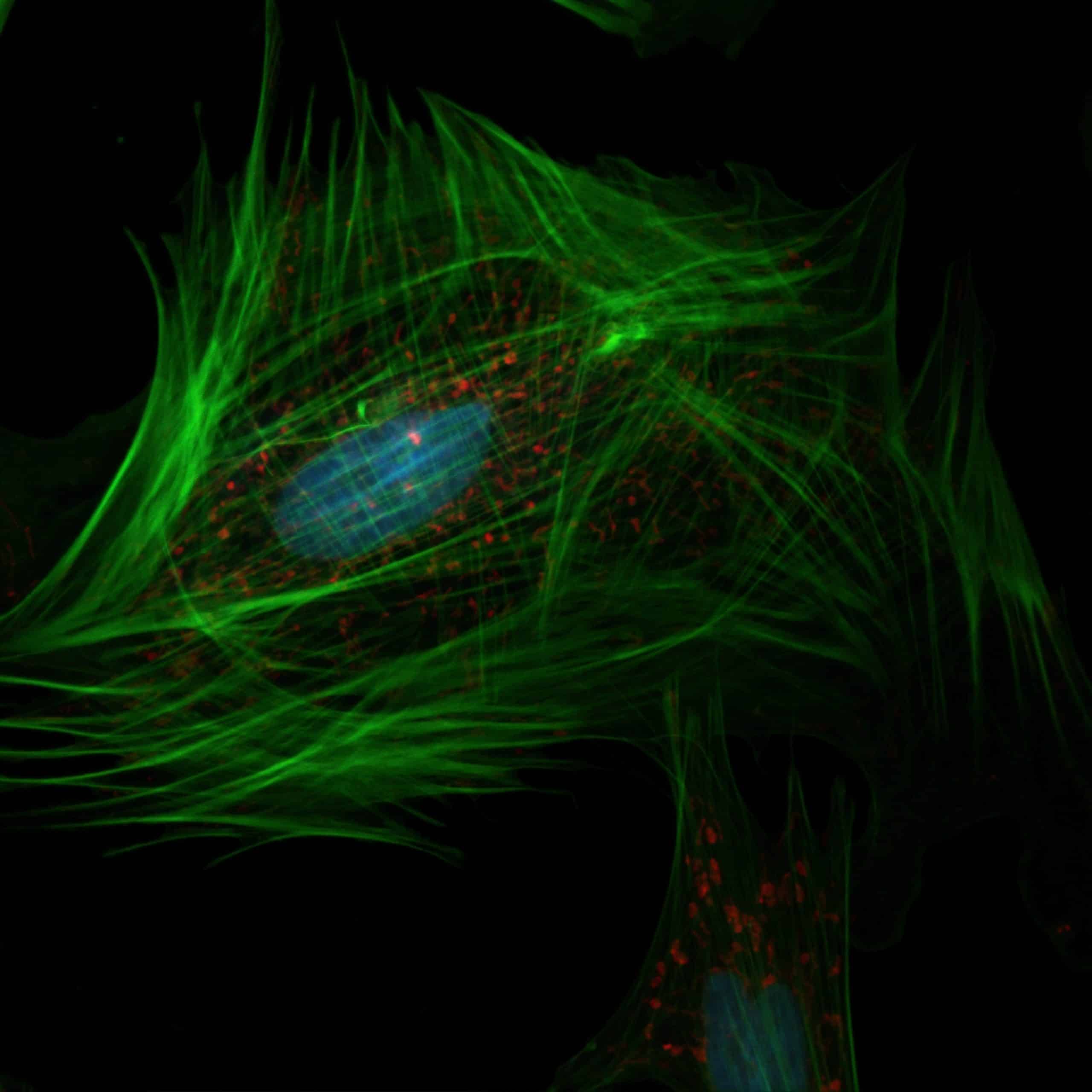
Introduction:
Buy CDCA ? In the ever-evolving landscape of pharmaceuticals, the search for novel compounds and therapeutic agents is unceasing. Among the myriad molecules scrutinized for their potential medical applications, one compound stands out: CDCA, or Chenodeoxycholic acid. CDCA, a bile acid derivative, has attracted considerable attention within the pharmaceutical industry due to its diverse range of pharmacological properties and potential therapeutic benefits across various medical conditions. In this article, we delve into the multifaceted role of CDCA in the pharmaceutical realm, exploring its mechanisms of action, current applications, and future prospects.
Want to buy GMP API pharmaceutical ingredients ?
MedicaPharma ensures access to GMP active pharmaceutical ingredients across multiple resilient global supply chains. Click here to view a full GMP API product list.
MedicaPharma is capable of supplying all GMP materials needed; our experience with sourcing materials that are difficult to obtain makes us the ultimate choice; just challenge us, we will find any material you need.
Add your Chemical Name below and click GO!
Table of Contents
Understanding CDCA
CDCA is a primary bile acid synthesized in the liver from cholesterol. It plays a crucial role in the digestion and absorption of dietary fats and fat-soluble vitamins. Beyond its physiological role in lipid metabolism, CDCA exhibits intriguing pharmacological properties that have garnered interest from researchers and pharmaceutical companies alike.
Mechanisms of Action
The therapeutic potential of CDCA stems from its interactions with various cellular targets and signaling pathways. One of its primary mechanisms of action involves its ability to activate specific nuclear receptors, such as the farnesoid X receptor (FXR). Activation of FXR by CDCA regulates the expression of genes involved in bile acid synthesis, cholesterol metabolism, and glucose homeostasis, making it a promising target for the treatment of metabolic disorders like non-alcoholic fatty liver disease (NAFLD) and type 2 diabetes.
Furthermore, CDCA has been shown to modulate the gut microbiota composition, promoting the growth of beneficial bacteria while inhibiting the proliferation of harmful pathogens. This microbiota-modulating effect of CDCA may contribute to its therapeutic efficacy in conditions such as inflammatory bowel disease (IBD) and irritable bowel syndrome (IBS).
Current Applications
In recent years, CDCA has emerged as a potential therapeutic agent for a variety of medical conditions, prompting extensive preclinical and clinical investigations. One notable application of CDCA is in the management of gallstone disease. As a bile acid, CDCA can dissolve cholesterol gallstones by solubilizing cholesterol and preventing its precipitation, offering a non-invasive alternative to surgical intervention for select patients.
Moreover, CDCA holds promise as a treatment for rare genetic disorders characterized by impaired bile acid synthesis or transport. In conditions such as cerebrotendinous xanthomatosis (CTX) and bile acid synthesis disorders (BASDs), supplementation with CDCA can restore physiological bile acid levels, alleviate symptoms, and improve patient outcomes.
Beyond its established therapeutic uses, ongoing research is exploring the potential of CDCA in addressing a broader range of medical conditions, including metabolic disorders, liver diseases, gastrointestinal disorders, and even certain types of cancer. The diverse pharmacological effects of CDCA make it a versatile candidate for drug development across multiple therapeutic areas.
Where to Buy Pharmaceutical Products
MedicaPharma is an EU-based pharmaceutical distribution partner that collaborates with CMOs to provide GMP-certified active pharmaceutical ingredients (APIs) to clients worldwide. Click here for a product list.
Future Prospects
Looking ahead, the pharmaceutical industry is poised to witness continued exploration of CDCA‘s therapeutic potential, driven by advances in drug discovery, innovative formulations, and personalized medicine approaches. Efforts to elucidate the molecular mechanisms underlying CDCA’s pharmacological effects, coupled with advancements in targeted drug delivery systems, hold promise for enhancing the efficacy and safety of CDCA-based therapies.
Furthermore, the advent of precision medicine approaches, enabled by advancements in genomics and biomarker research, may facilitate the identification of patient subpopulations most likely to benefit from CDCA therapy. By tailoring treatment regimens to individual patient characteristics, healthcare providers can optimize therapeutic outcomes and minimize adverse effects, thus realizing the full therapeutic potential of CDCA.
In conclusion, CDCA represents a compelling example of the pharmaceutical industry’s ongoing quest for novel therapeutic agents. From its fundamental role in bile acid metabolism to its diverse pharmacological effects and therapeutic applications, CDCA embodies the multifaceted nature of drug discovery and development. As research continues to unravel the complexities of CDCA’s mechanisms of action and therapeutic potential, the future holds promise for innovative CDCA-based therapies that address unmet medical needs and improve patient outcomes.
As the pharmaceutical industry continues to evolve, CDCA stands as a testament to the ongoing pursuit of novel therapeutic agents with the potential to transform patient care and improve public health.



















